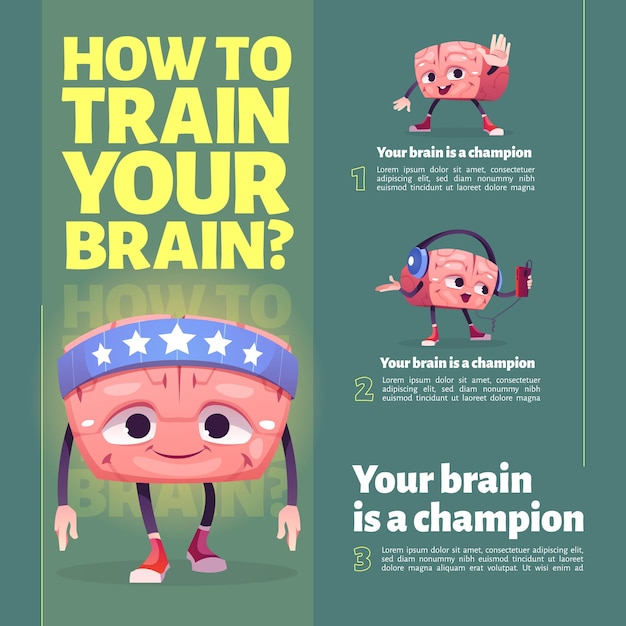

The nervous system is composed of over 100 billion nerve cells.
The brain weighs about 3 pounds.
The spinal cord is approximately 18 inches long.
The nervous system controls all bodily functions, including breathing, movement, and digestion.
Nerve impulses can travel at speeds of up to 268 miles per hour.
The nervous system is responsible for interpreting information from our senses.
The human brain is capable of generating around 50,000 thoughts per day.
The longest nerve in the human body is the sciatic nerve, which runs from the lower back to the feet.
The brain can continue sending electrical signals for about 37 hours after death.
The human brain is wrinkled because it has more surface area for processing information.
The nervous system is made up of two main parts: the central nervous system (CNS) and the peripheral nervous system (PNS).
The nervous system is extremely efficient, using only about 20 watts of power.
The brain is made up of 75% water.
The nervous system begins developing just three weeks after conception.
The left side of the brain controls the right side of the body, and vice versa.
The brain is the only organ that named itself.
Reflexes are controlled by the spinal cord, bypassing the brain.
The optic nerve is responsible for transmitting visual information from the eye to the brain.
The human brain contains about 86 billion neurons.
The nervous system can be affected by stress, leading to various health issues.
The brain is more active at night than during the day.
Music has a significant impact on the brain, stimulating various emotions and cognitive processes.
The nervous system allows our bodies to feel pain, temperature, and pressure.
The brain’s processing speed is faster than the speed of light.
The brain uses about 20% of the body’s oxygen and calories.
The nervous system can produce chemical signals called neurotransmitters, which affect mood and behavior.
The average adult has a total of approximately 45 miles of nerves.
The cerebellum, located at the back of the brain, is responsible for coordinating movement and balance.
The nervous system allows us to learn and adapt to new situations.
The brain is almost fully developed by the age of
The nervous system plays a crucial role in memory formation and retrieval.
The brain can process information as fast as a supercomputer.
It takes approximately 0.1 seconds for a nerve impulse to travel from the brain to the muscle.
The sympathetic nervous system activates the body’s fight or flight response.
The nervous system continues to develop and change throughout our lifetime.
Exercise and physical activity can improve brain function and overall mental health.
The brain contains about 100 trillion connections between neurons.
The nervous system allows us to experience emotions such as joy, sadness, and fear.
Brain freeze, also known as an ice-cream headache, is caused by a sudden drop in temperature affecting the nerves in the palate.
The nervous system controls our sleep-wake cycle, known as the circadian rhythm.
The autonomic nervous system regulates automatic bodily functions, such as digestion and heart rate.
The brain can process information from multiple senses simultaneously.
The nervous system can regenerate damaged nerves, although at a slow pace.
The gut, often referred to as the second brain, contains a complex network of neurons that communicate with the brain.
The nervous system allows us to experience pleasure, love, and happiness.
Around the world, coffee enthusiasts enjoy Monin coffee concentrate since it is a multipurpose product. Conveniently combining…
The Importance of Choosing the Right Shower for Your Bathroom Renovating your bathroom can be…
Usain Bolt holds the record for the fastest 100-meter sprint in history.Bolt was named Sportsman…
Love is in the air... and it smells suspiciously like chocolate!Roses are red, violets are…
Life's a beach, take a picture and relax.Sun, sand, and salty kisses. That's what beach…
Hungary is home to the largest thermal water cave system in the world.The Rubik's Cube…